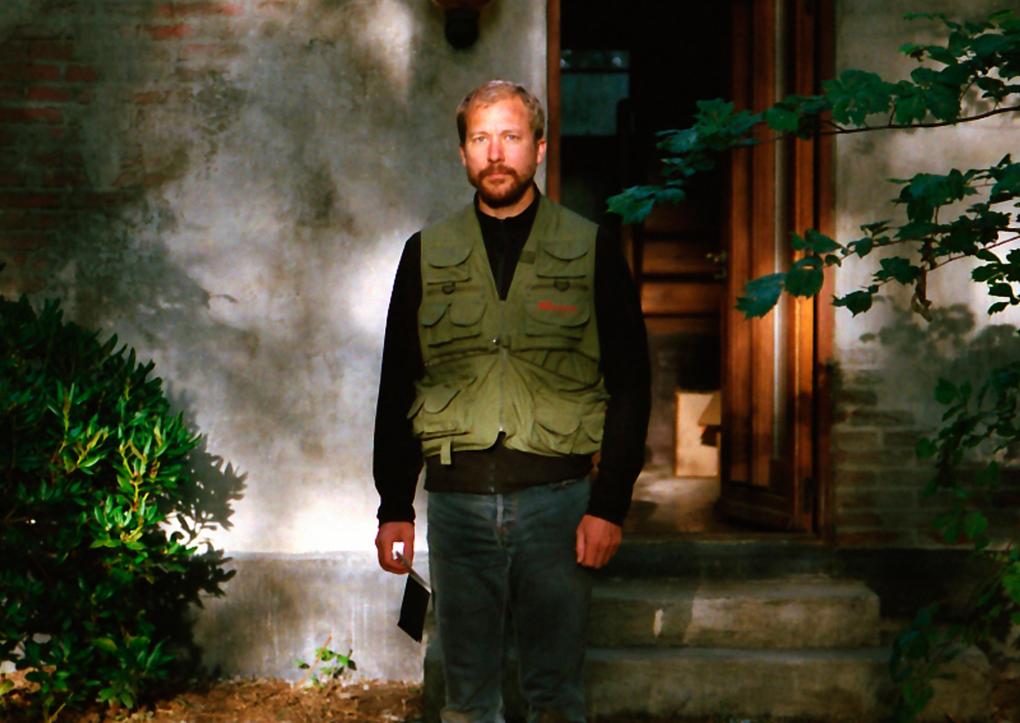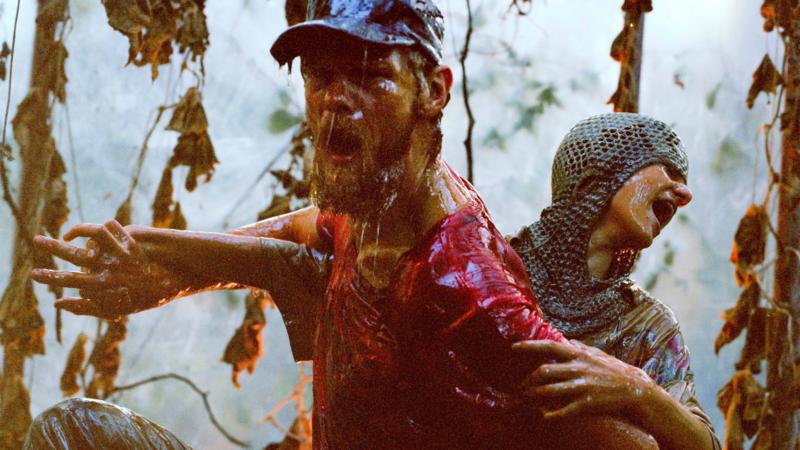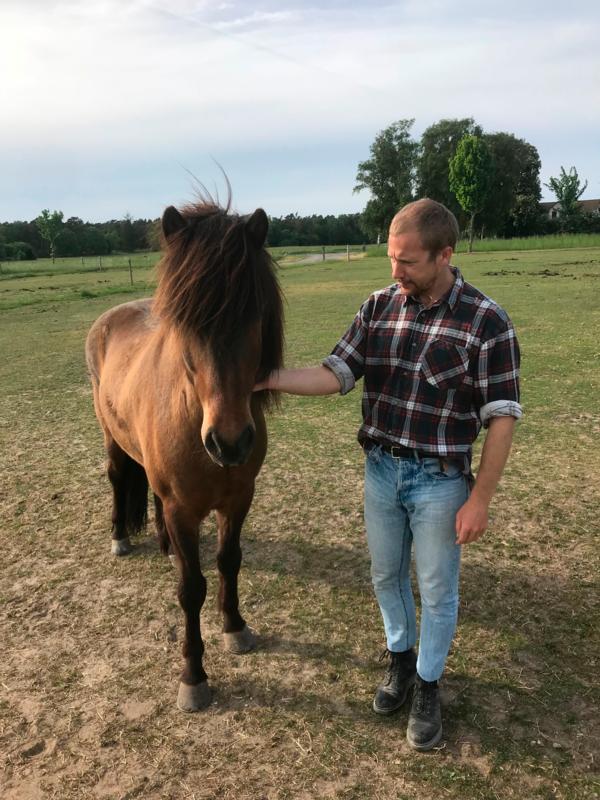A graduate of Copenhagen’s alternative Super16 film school, Daniel Borgman has made his mark with arthouse dramas about outsiders.
'The Weight of Elephants' (2013), a New Zealand-Danish production, follows a lonely 11-year-old boy living in a remote area of New Zealand, while 'Loving Pia' (2017) is about a developmentally challenged woman of 60 searching for love. Both films were selected for the Berlinale.
Now the director, who hails from New Zealand but has been living and working in Denmark since 2007, is having his first go at a genre film with 'Resin', a disturbing drama based on the Ane Riel bestseller of the same name and adapted for the screen by Bo hr. Hansen.
'Resin' follows a small, dysfunctional but essentially loving family – Jens, the patriarch, Maria, the bedridden and morbidly obese mother, and their young and curious daughter, Liv – living in the middle of the woods isolated from the world around them. In fact, no one even knows Liv exists as the family faked her death in a drowning accident when she was an infant. But one day their little world threatens to collapse when Liv’s grandmother makes a surprise visit.
'Resin' is the first of your three features that you didn’t write yourself. What attracted you to the story?
"I was always fascinated by nature, isolation and the human relationship to civilisation. My films always had an openness about people who want to be alone, and wrecked relationships. Also, I was thrilled about the opportunity for Adomeit Film and myself to work with Zentropa on a more mainstream film with a bigger cast than I was used to."
Why is the story of a family that isolates itself from the rest of the world relevant today?
"The film is about how we look at misfits and people who are different. And it’s about generational change. Both things are important because we live in a world where a lot of people are not open to difference or change, and would rather blame and judge each other than listen.
"I believe that curiosity and openness are exactly what’s needed right now. If you think about Trump, the refugee crisis, political values, Brexit and those kinds of things, a lot of people are jumping to condemn each other. But what the world really needs is for us to listen more and demand less."
What did you do to get close to nature during the filming?
"The film in many ways is the baby of producer Peter Aalbæk Jensen. It was he who found the location on the island of Funen that we based the film on. During the three months of filming, we stayed in a big house next to our location in the woods, so we really were bonding with nature.
"That helped underscore how isolated we are from nature in our daily lives. It also brought us closer to our characters and their way of living. We had a lot to learn about what being in nature is really like."
What did that bring to the filming process?
"I’m inspired by filmmakers like Carlos Reygadas, Terrence Malick and Pedro Costa, who all are present in the moment instead of making up all sorts of rules in an office and then fitting it into the film.
"When you live right next door to your location, you can work all the time and be inspired by the weather, the light and the scenery. It is more spontaneous. On the weekends, I’d sometimes go out and set traps in the woods or hang out with the chickens to get closer to things."
The film portrays a Denmark that most people probably would not recognise. How did you work to create this microcosm on the margins of society?
"The weird thing is, when you’re travelling, you start noticing all the different lifestyles, and you realise that you can find them everywhere. It’s actually a very Danish thing to live in a ramshackle farmhouse with junk in the front yard. It’s just a less known Denmark.
"It’s all about where you point the lens and what you notice. The reason I look at things differently in my films is probably also because I’m not from Denmark. And I’m used to watching other kinds of films and being concerned with other stories."
How do you see Jens' attempt to isolate himself from society?
"I think it’s a recurring problem that all progressive people face: How do you live both in and outside of civilisation at the same time? You can’t truly escape society. We need each other. We can’t save the planet or end hunger or poverty as individuals.
"The film also makes a subtle statement about climate change. It’s not a political statement, it’s more about making the audience aware of the nature all around us that we don’t notice."
Do you see yourself moving towards more mainstream films?
"My dream is to bridge mainstream and arthouse films, that is, making artistically successful films that find their audience. I dream about making a Jussi Adler-film [the writer behind the Department Q blockbusters, ed.] with a clear vision that is artistically challenging, and whose themes genuinely relate to our time and is seen by 200,000 people. And, of course, I want to continue making small art projects that I shoot myself.
"I hope 'Resin' will help to show what can happen when you bring people with the expertise of Zentropa's Louise Vesth and Peter Aalbæk together with arty types like me who want to challenge conventional ideas about how a film should be constructed and what it should look like."




